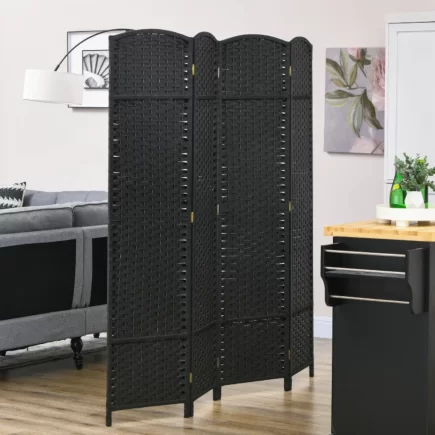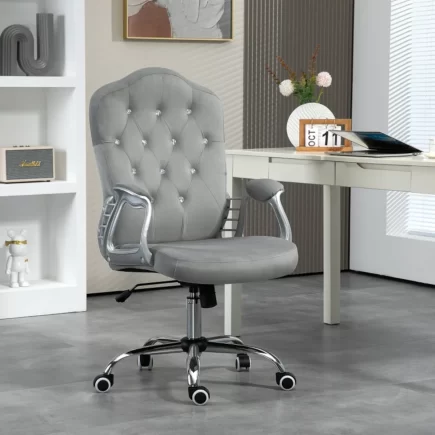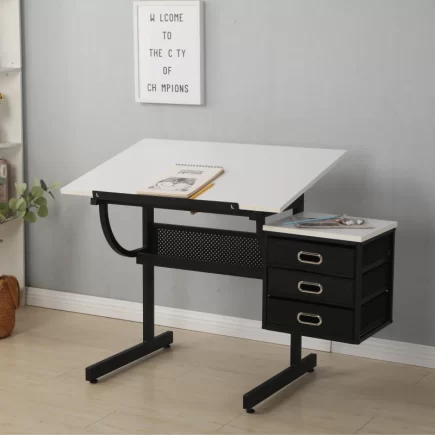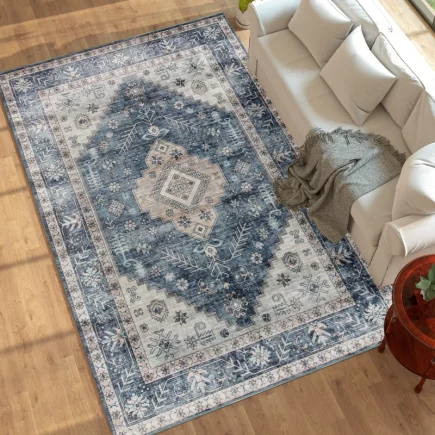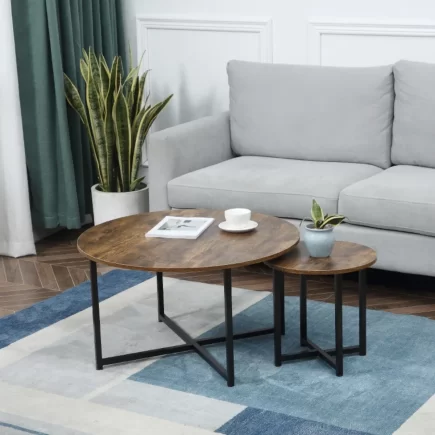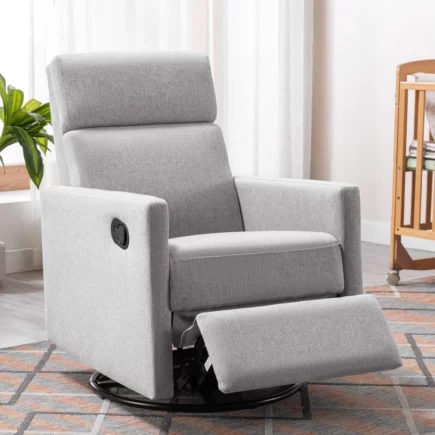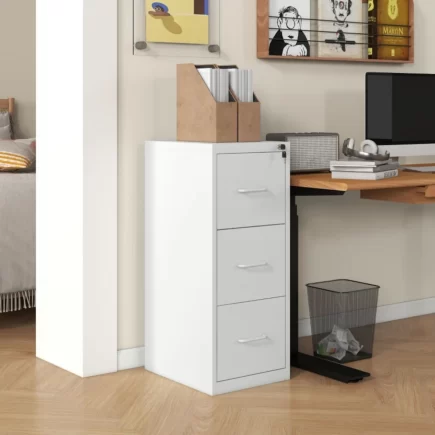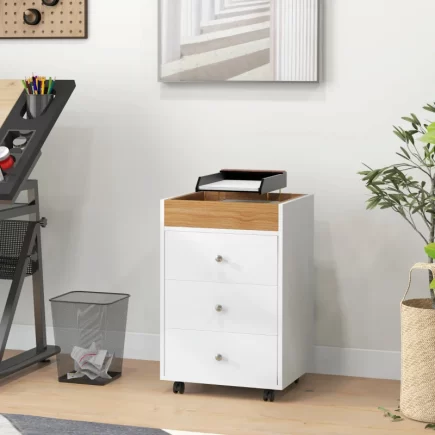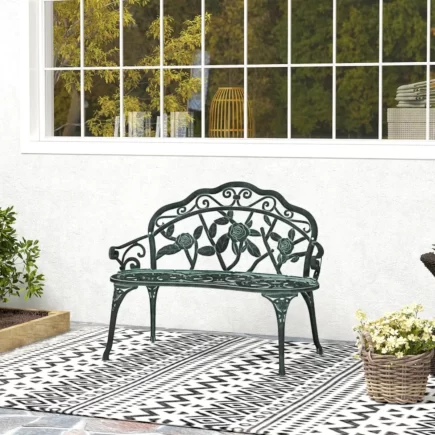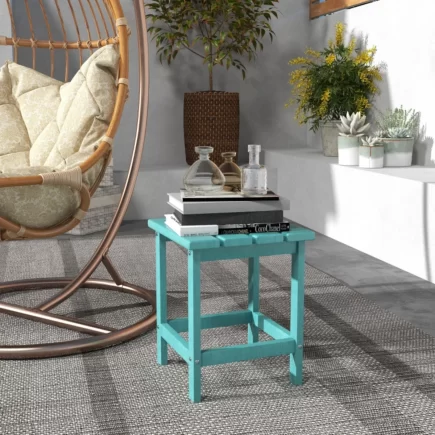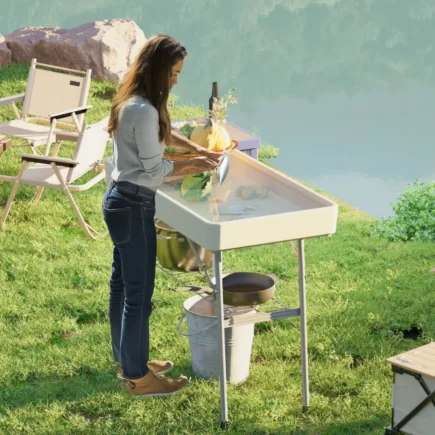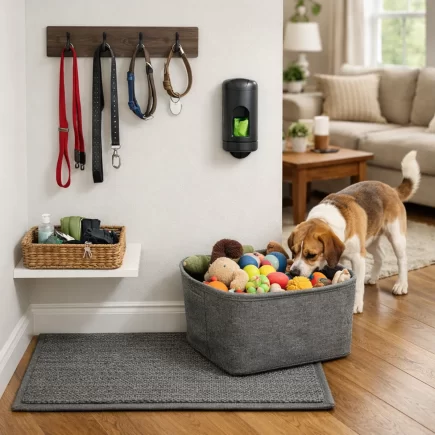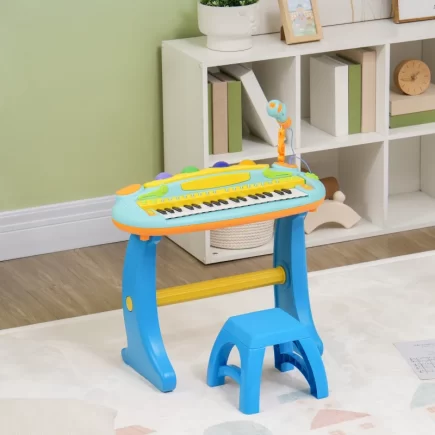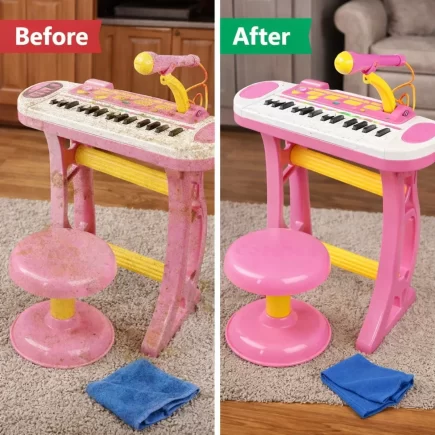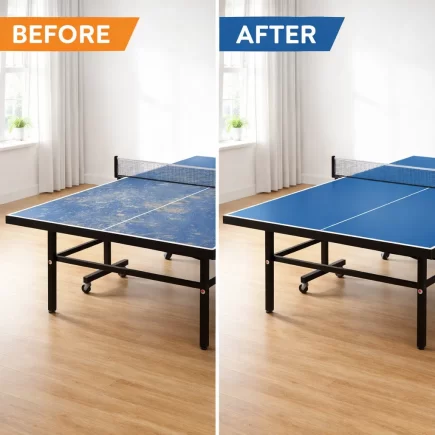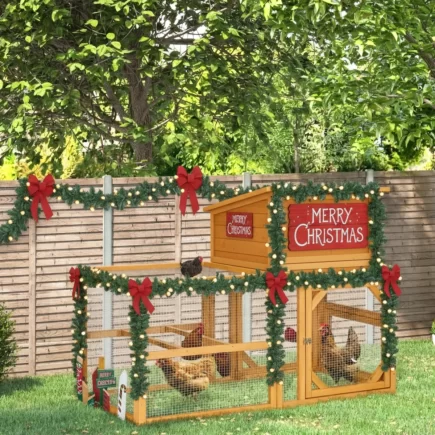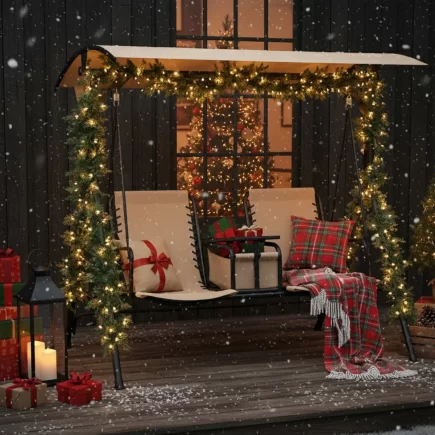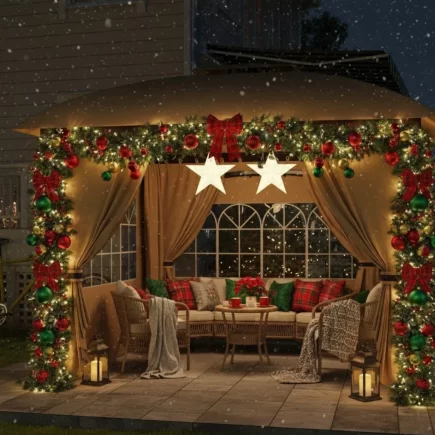An outdoor kitchen is a perfect addition to any home, offering a blend of convenience and enjoyment. However, exposure to the elements can take a toll on your outdoor kitchen cabinets if they’re not properly weatherproofed. Issues like rust, mold, warping, and fading can quickly turn your dream setup into an eyesore. The good news? With the right steps and materials, you can protect your outdoor cabinets and ensure they maintain both function and beauty for years to come.

Assessing the Local Climate
Different climates affect outdoor cabinets in unique ways. Proper weatherproofing begins with understanding these environmental conditions.
How Climate Impacts Outdoor Cabinets
| Climate Type | Key Environmental Factors |
| Humid Locations | High moisture levels and rainfall |
| Hot & Arid Areas | Intense sun and dry conditions |
| Coastal Regions | Salt-laden air and wind |
| Cold Regions | Fluctuating temperatures and snow/ice buildup |
Sealing Your Cabinets Against Moisture
Even the most durable materials can fail without proper sealing. Water intrusion can cause major damage if left unchecked.
Steps to Proper Moisture Sealing
- Caulk Cabinet Joints and Edges: Using silicone-based sealants is an effective method for filling gaps in door seals and joints. These sealants are durable, flexible, and water-resistant, providing a tight seal that prevents drafts, moisture, and insects from entering. They are also resistant to temperature fluctuations, ensuring long-lasting protection for your home.
- Apply Water-Resistant Coatings: For wood designs, apply a weather-resistant polyurethane finish.
- Weatherstrip Doors: Install weatherproof adhesive strips to prevent water leakage.
| Recommended Products for Sealing | Key Features |
| Silicone Caulk | Durable and waterproof |
| Polyurethane Coating | UV- and moisture-resistant |
| Weatherstripping Rolls | Easy to apply and replace |
Protecting Cabinets from UV Damage
Prolonged sun exposure can fade paint, crack wood, and compromise the structure of some materials. UV-resistant treatments are essential to preserve the look and longevity of your cabinets.
UV Protection Tips
- Use UV-Resistant Finishes: Look for products specifically labeled “UV-resistant.”
- Add Shade Options: Install awnings, pergolas, or umbrellas over your outdoor kitchen area.
- Regular Maintenance: Reapply UV coating every 6–12 months.
Preventing Mold, Mildew, and Rust Formation
Moisture enables mold and rust to thrive, particularly in humid climates or rainy seasons. Without proactive care, these can spread and deteriorate your cabinets.
Ventilation
Proper ventilation keeps air circulating inside cabinets, preventing excess moisture buildup. Install ventilated panels or louvers to support airflow. This reduces humidity, which helps deter mold and mildew growth. Position cabinets where air can flow freely, avoiding cramped spaces. Regularly check for obstructions in vents to maintain optimal airflow effectiveness.

Dry Wiping
After rainfall, wipe cabinets thoroughly with a soft, absorbent cloth to remove water. This prevents moisture from seeping into corners and joints, where it might encourage mold or warping. Pay extra attention to hidden areas. Addressing dampness promptly reduces long-term damage while preserving your cabinets’ condition and appearance over time.
Mold-Resistant Treatments
Applying mold-resistant sprays to cabinets provides effective protection, especially in hidden or vulnerable spots. These treatments create a barrier that prevents mold from forming. Ensure the surface is dry and clean before application. Reapply periodically for consistent effects. Focus on areas prone to moisture, such as corners and undersides.
Adding Exterior Protections
Physical barriers like covers or enclosures enhance the lifespan of outdoor cabinets by shielding them from direct exposure to environmental stressors.
Options to Consider
- Cabinet Covers: Cabinet covers are specially designed to offer protection for your furniture, combining waterproof and breathable materials. These covers are highly effective in preventing moisture buildup, which can lead to mold and mildew growth over time. The breathable fabric allows air to circulate, reducing the risk of condensation, while the waterproof layer keeps the contents of your cabinet dry, even in humid or wet conditions. .

- Awnings or Pergolas: Awnings and pergolas are permanent outdoor structures designed to provide shade and rain protection for patios, decks, or other outdoor spaces. These structures offer a comfortable area to relax, dine, or entertain while shielding you from the sun’s intense heat or light rain showers. Awnings can be retractable for flexibility, while pergolas often feature an open-lattice design, allowing natural light to filter through.
- Windbreaks:If you live in an area prone to heavy winds, adding windbreaks such as fences or screens can be highly beneficial. These structures act as a barrier, reducing wind speed and protecting your outdoor areas, gardens, or even homes from the harsh elements.
Seasonal Weatherproofing Activities
Outdoor cabinets require a tailored maintenance routine for each season.
Winterizing Tips
To protect your outdoor cabinets during winter, drain all water lines to prevent freezing and potential cracking. Securely cover cabinets in areas prone to heavy snow or ice to shield them from moisture damage. Additionally, store decorative outdoor furniture indoors to avoid unnecessary wear and tear from harsh winter conditions.

Prepping for Summer
Prepare your outdoor cabinets for summer by inspecting all seals and coatings for any damage. Replace weatherstripping or reapply UV-resistant coatings to ensure optimal protection against heat and sun exposure. Finally, wipe down and disinfect cabinets thoroughly to remove dirt and prepare them for frequent use during the warmer months.
Maintenance Routine for Longevity
Creating a consistent cleaning and inspection schedule will help reduce potential damages.
Weekly Cleaning Tips
For regular cleaning, it’s essential to use mild soap and water to avoid causing any damage to the surface. Harsh chemicals should be strictly avoided, as they have the potential to strip away weatherproof coatings, which can compromise the integrity and appearance of the material over time.
Weatherproofed items are designed to withstand the elements, but using aggressive cleaning agents can weaken these protective layers, leaving them more vulnerable.
Prompt action can make all the difference in maintaining a pristine look, ensuring your items remain in excellent condition for longer periods.
Periodic Inspections
Check for:
It’s essential to regularly check for loose seals or weatherstripping, as these can compromise insulation and allow drafts or water to enter, potentially causing damage. Pay attention to any hidden gaps where water could intrude, as moisture buildup can lead to rot, rust, or mold growth over time.
Weatherproofing your outdoor cabinets is a wise investment in protecting your outdoor kitchen and enhancing its lifespan. By following these expert tips and selecting quality materials, you’ll create a stylish, functional outdoor space that stands the test of time. For durable, weather-resistant Outdoor Cabinets, don’t forget to visit Aosom and explore their wide selection. Your outdoor kitchen deserves the best. Start weatherproofing today, and enjoy countless sunny days and cozy nights in your beautifully designed space.
FAQs
1. How do I prevent mold and mildew in outdoor cabinets?
Ensure proper ventilation with louvers or vents, wipe cabinets dry after rain, and apply mold-resistant sprays. Regularly inspect and clean hidden areas to prevent moisture buildup and mold growth.
2. How often should I inspect outdoor cabinets?
Perform periodic inspections every 3–6 months. Check for loose seals, water intrusion, fading UV coatings, and signs of mold or rust. Regular inspections help identify and address issues early, preventing long-term damage.
3. How do I clean outdoor cabinets without damaging them?
Use mild soap and water for regular cleaning. Avoid abrasive cleaners or harsh chemicals that can strip protective coatings. Clean spills immediately to prevent stains and maintain the cabinet’s appearance.

